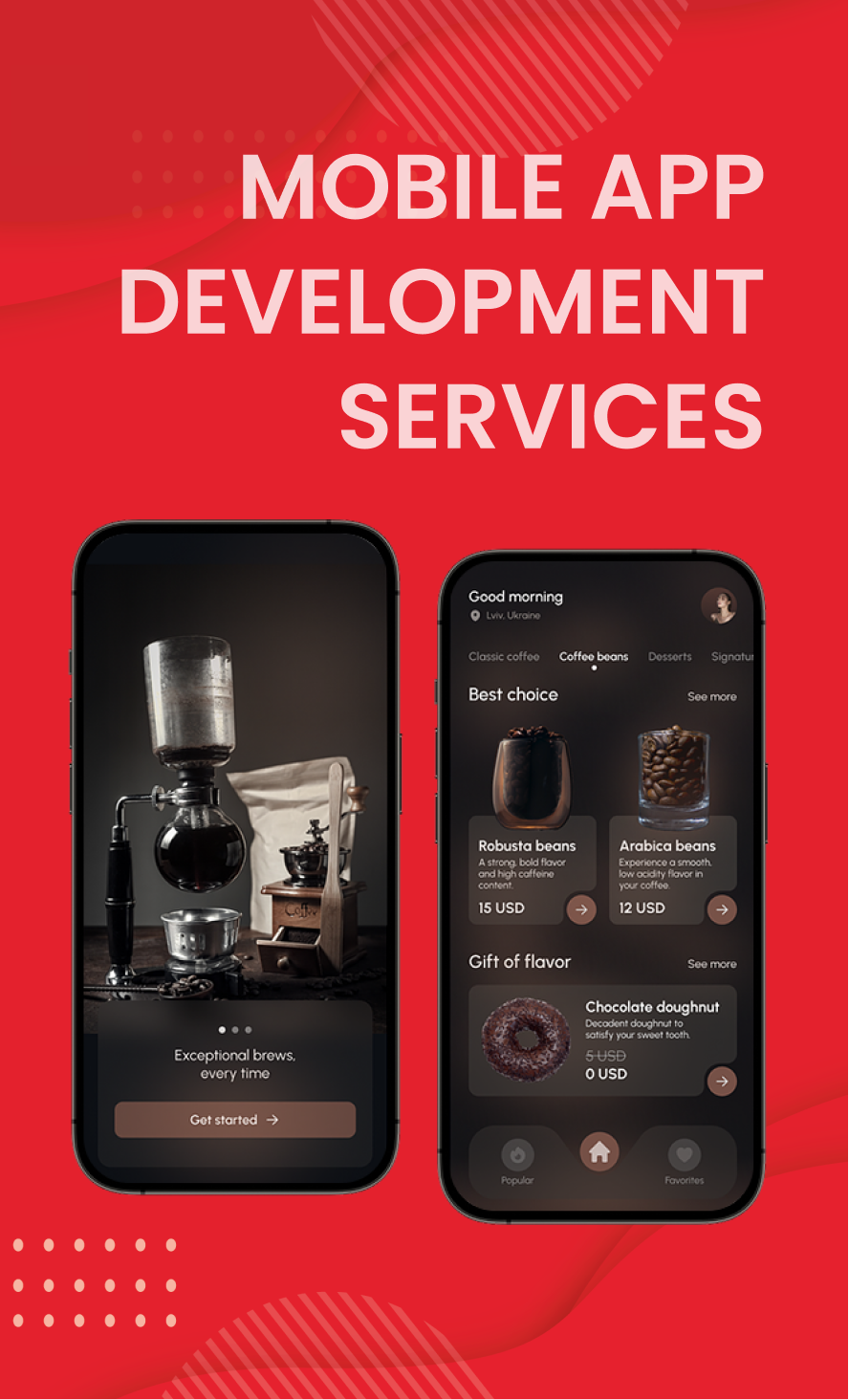The ADVN Blog - Where we inspire business
Where you learn TechNews
News & Insights
Articles and updates on mobile, web, enterprise software, and e‑commerce.
Native vs. Cross-Platform App Development:
Making the Right Choice
Feb 27th, 2023

When it comes to app development, businesses often face a critical decision
whether to build a native app or opt for cross-platform development. Each approach has its own advantages and considerations that need to be weighed carefully. In this blog post, we will explore the factors that businesses should consider when choosing between native and cross-platform app development. By understanding the pros and cons of each approach, businesses can make an informed decision that aligns with their project requirements and goals. Let's dive into the details.
Native App Development
Native app development involves building an app specifically for a single platform, such as iOS or Android, using platform-specific programming languages and tools. This approach offers several benefits that businesses should consider:

1. Enhanced Performance and User Experience:
Native apps are known for their superior performance and responsiveness. They leverage the full capabilities of the platform and can take advantage of hardware-specific features, resulting in smooth and seamless user experiences.
2. Access to Platform-Specific Features:
Native apps have direct access to platform-specific features and APIs, allowing developers to leverage the latest technologies and capabilities offered by the operating system. This enables businesses to deliver a highly tailored and immersive experience to their users.

3. Better App Store Optimization:
App stores often provide better visibility and discoverability for native apps, as they are optimized for the respective platforms. Native apps have access to platform-specific app store features, making it easier for businesses to market their apps and reach their target audience.
Cross-Platform App Development
Cross-platform app development allows businesses to build apps that can run on multiple platforms using a single codebase. Here are some considerations for businesses considering this approach:
1. Code Reusability and Cost Efficiency:
Cross-platform development allows for code reusability, enabling businesses to develop apps more efficiently and cost-effectively. With a shared codebase, businesses can save time and resources, as they don't need to build separate apps for each platform.

2. Faster Time to Market:
By leveraging cross-platform development frameworks, businesses can accelerate the development process and reduce time to market. They can reach a wider audience faster, which can be a significant advantage in today's competitive app market.
3. Maintenance and Updates:
While cross-platform development offers code reusability, businesses should consider the long-term maintenance and updates of their apps. Updates may require coordination across different platforms and frameworks, which can be more challenging compared to native development.
Conclusion
Choosing between native and cross-platform app development requires careful consideration of various factors. Native development offers enhanced performance, access to platform-specific features, and better app store optimization. On the other hand, cross-platform development provides code reusability, cost efficiency, and faster time to market. Ultimately, the choice depends on project requirements, budget, target audience, and long-term goals. By evaluating these factors and understanding the pros and cons of each approach, businesses can make the right choice and set themselves up for success in the dynamic world of app development.Related Blog Posts
Best Practices for Optimizing Mobile App Performance
May 29th, 2023
The Evolution of Programming Languages
May 20th, 2023





